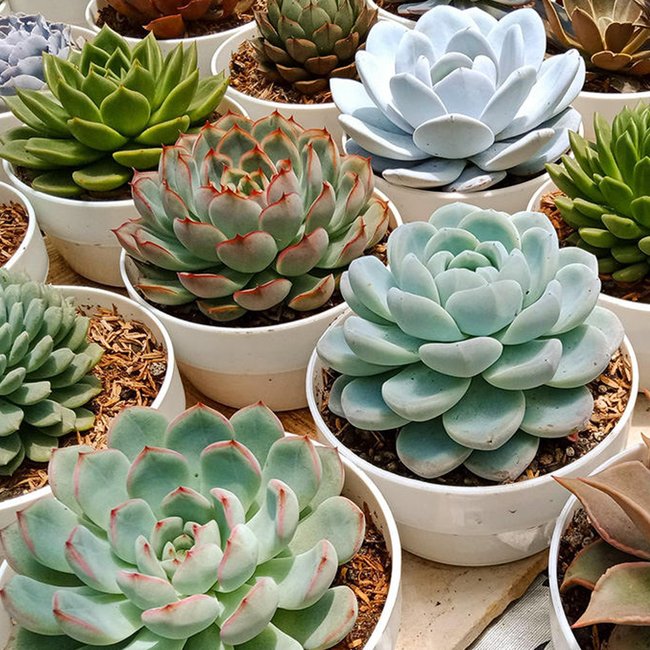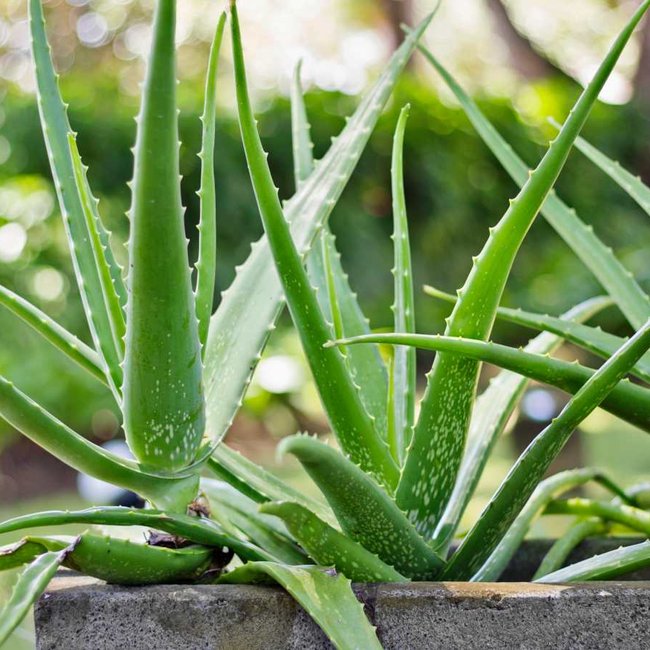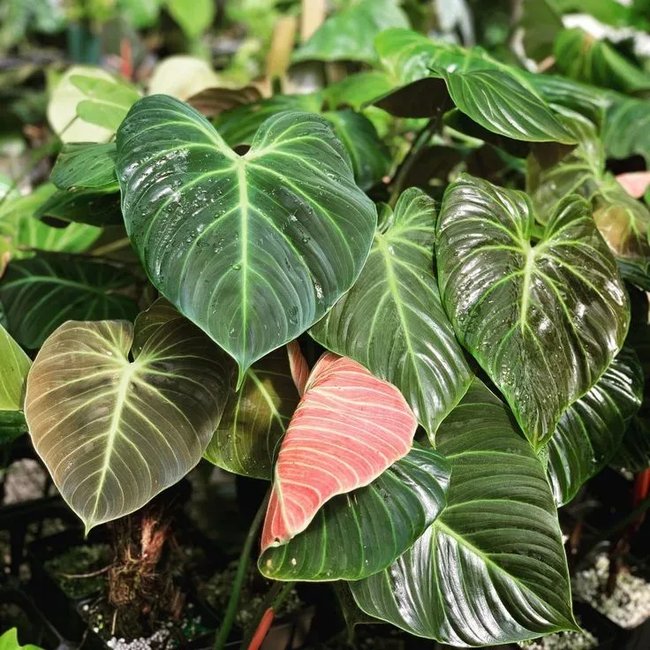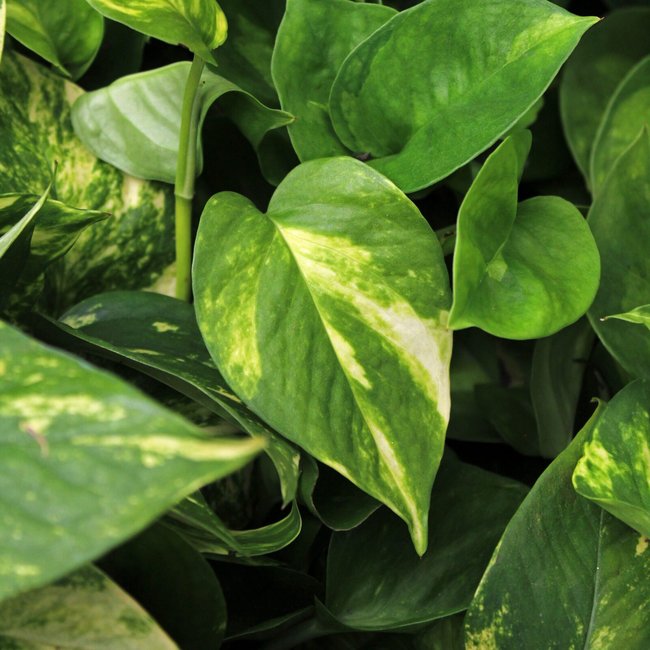Scorpions
Scorpions are arachnids, meaning they are related to spiders, mites, and ticks. They are nocturnal predators, meaning they hunt and feed at night. Scorpions have a hard exoskeleton and are usually brown, yellow, or black in color. They have two pincers and a tail with a venomous stinger at the end. Scorpions are found on every continent except Antarctica.
Meta Information
Scientific Name
Scorpiones
Average Lifespan
5-25 years
Average Size
2-3 inches
Similar To
spiders, mites, ticks, centipedes
Lifecyle
Scorpions have four stages of life: egg, larva, nymph, and adult. Female scorpions lay between 25-35 eggs in a sac and carry it around until the eggs hatch. After hatching, the young scorpions go through several molts before reaching adulthood.
Diet
Scorpions are carnivorous, meaning they eat other animals. Scorpions typically feed on insects, spiders, and other small invertebrates.
Habitat
Scorpions are found in a variety of habitats including deserts, grasslands, forests, and even urban areas. They typically live in burrows or crevices in the ground and are well adapted to living in dry and hot climates.
-
What are scorpions?
Scorpions are arachnids, which means they are closely related to spiders, ticks, and mites. They are characterized by their eight legs, two pincers, and a long, segmented tail that ends in a venomous stinger. Scorpions can range in size from less than an inch to over 8 inches long. They are found in many parts of the world, but are most commonly found in warm and dry regions such as deserts.
-
What do scorpions eat?
Scorpions are carnivores and mostly feed on insects, spiders, and other arthropods. Some larger species of scorpions may also eat small vertebrates, such as lizards and mice. Scorpions are opportunistic hunters and will eat whatever prey is available to them.
-
Are scorpions venomous?
Yes, all scorpions are venomous. However, not all scorpion venom is dangerous to humans. The severity of a scorpion sting depends on the species of scorpion and the individual's sensitivity to the venom. Most scorpion stings are painful but not life-threatening, while some can cause severe symptoms and even death.
-
How do scorpions defend themselves?
Scorpions have several defense mechanisms to protect themselves from predators. Their first line of defense is their pincers, which they use to grab and crush their prey. If threatened, scorpions will also use their venomous stinger to defend themselves. Some species of scorpions can also spray venom from their stinger as a deterrent to predators.
-
Where do scorpions live?
Scorpions are found in many parts of the world, but are most commonly found in warm and dry regions such as deserts. They can also be found in forests, grasslands, and even in caves. Scorpions are nocturnal creatures and are most active at night.
-
Do scorpions make good pets?
Scorpions are not recommended as pets for most people. While some species are relatively harmless to humans, scorpion venom can be dangerous or even deadly. Additionally, scorpions require specialized care and housing, and can be difficult to handle safely. It is important to research and understand the needs of a scorpion before considering one as a pet.
-
How long do scorpions live?
The lifespan of a scorpion varies depending on the species and environmental factors. Some scorpions can live for up to 25 years, while others only live for a few years. Female scorpions tend to live longer than males, as they do not expend as much energy during mating.
-
How do scorpions mate?
Scorpions have a unique mating ritual that involves a complex dance. The male will approach the female and engage in a "courtship dance" that involves grasping her pincers and leading her around. Once the female is receptive, the male will deposit a spermatophore, which the female will then use to fertilize her eggs.
-
Can scorpions glow in the dark?
Yes, some species of scorpions have the ability to glow in the dark under ultraviolet light. This is due to a substance in their exoskeleton called hyaline, which fluoresces under UV light. This adaptation may help scorpions avoid predators or attract prey.
-
How can I prevent scorpions from entering my home?
Scorpions are attracted to areas that provide moisture and shelter, so it is important to eliminate these conditions in and around your home. This can include sealing cracks and crevices, removing clutter, and fixing leaks or other sources of moisture. Additionally, using screens on windows and doors and keeping them closed can help prevent scorpions from entering your home.
-
How do I treat a scorpion sting?
If you are stung by a scorpion, it is important to seek medical attention immediately, especially if you are experiencing severe symptoms. In the meantime, you can clean the sting area with soap and water and apply a cold compress to reduce swelling and pain. Taking an over-the-counter pain reliever may also help with discomfort. Avoid applying a tourniquet or trying to suck out the venom, as these methods are not effective and can worsen the symptoms.
10 Fun Facts About
1. Scorpions can live up to 25 years 2. Scorpions can survive for up to 6 months without food or water 3. Scorpions are able to detect vibrations in the ground 4. Scorpions can swim 5. Scorpions can climb walls and even walk on the ceiling 6. Scorpions glow under ultraviolet light 7. Scorpions can have up to 12 eyes 8. Scorpions can survive temperatures as low as -25°C 9. Scorpions can jump up to 6 times their body length 10. Scorpions can have up to 4 different types of venom
Pun
"Why did the scorpion cross the desert? To get to the other sting side!"
Out Thoughts About
🦂😮👍









